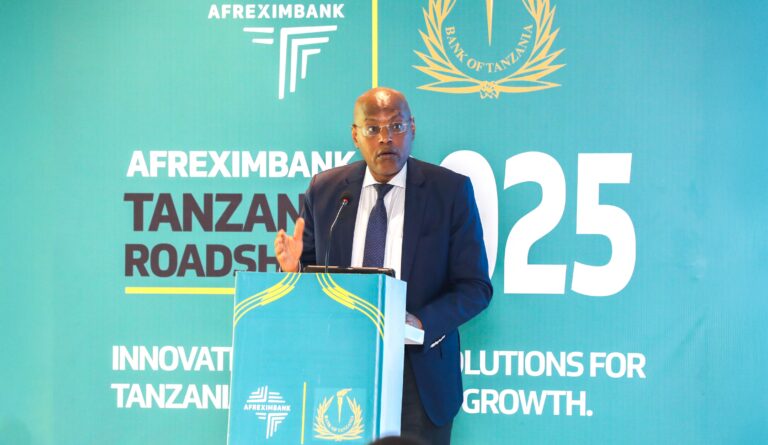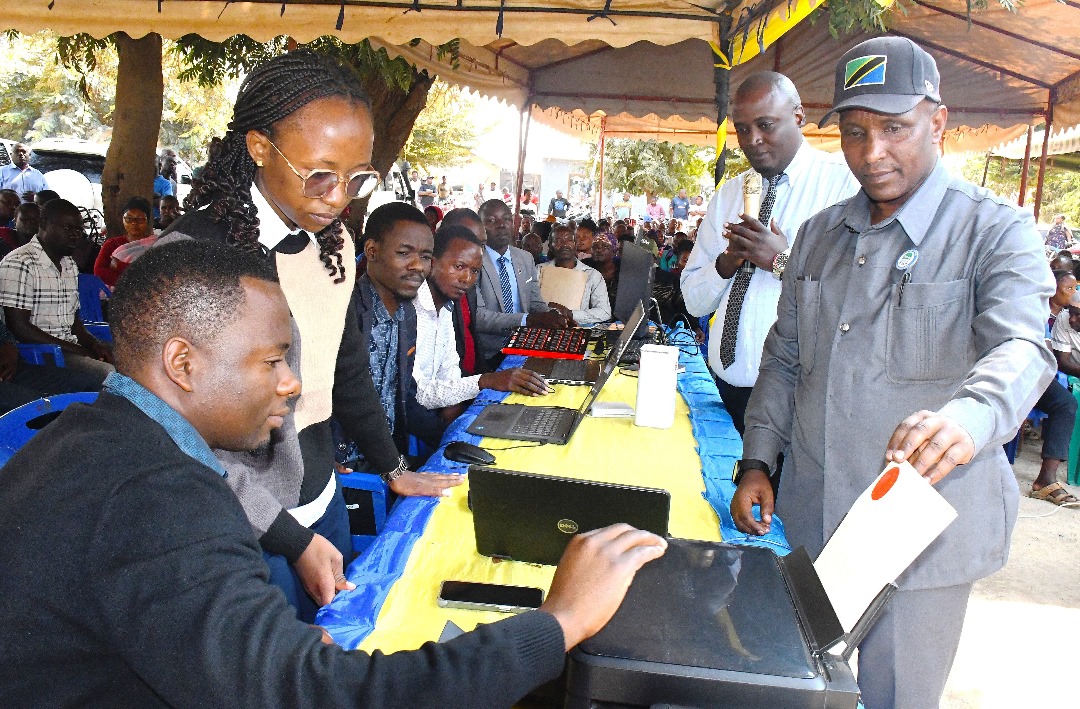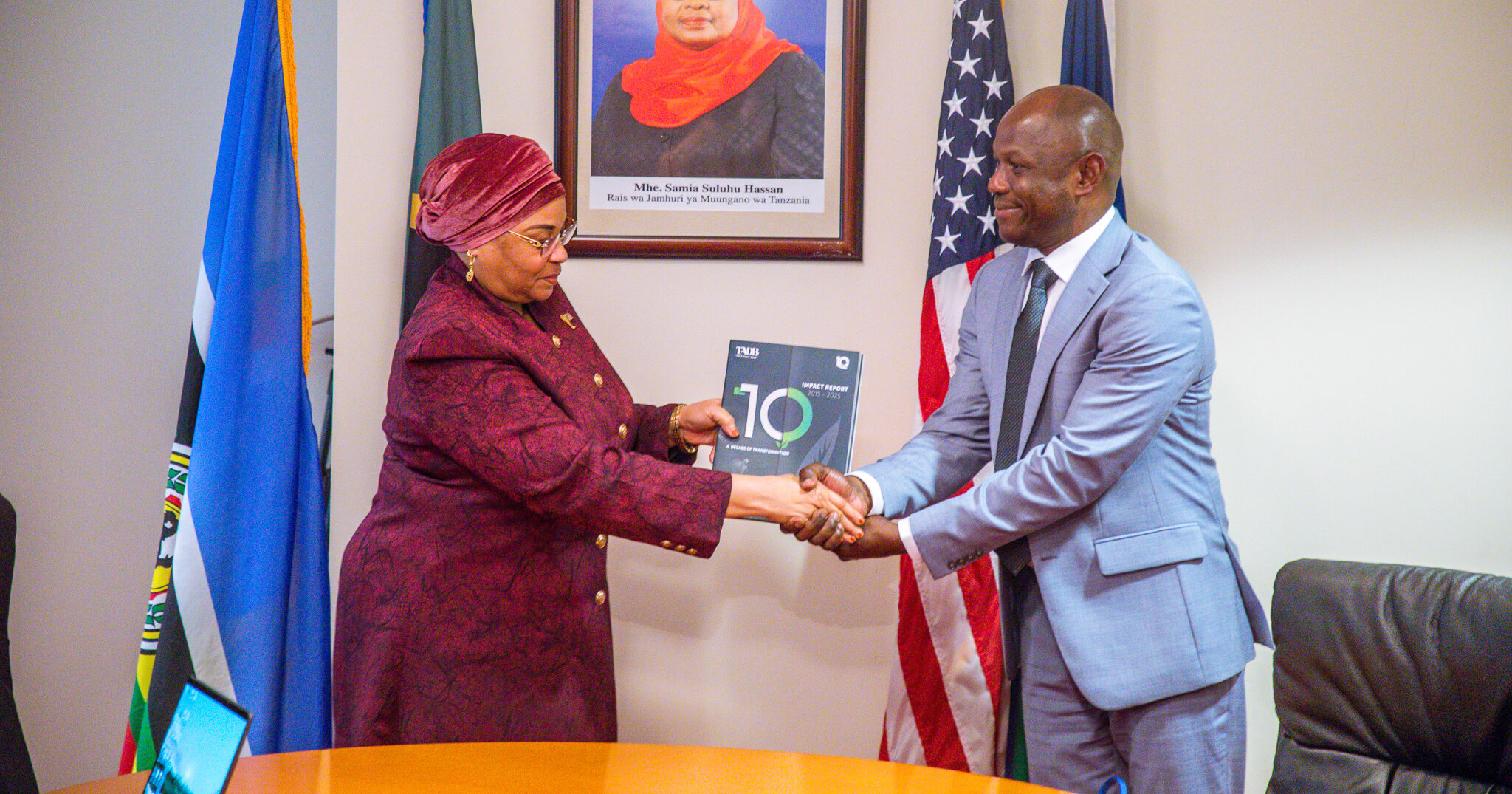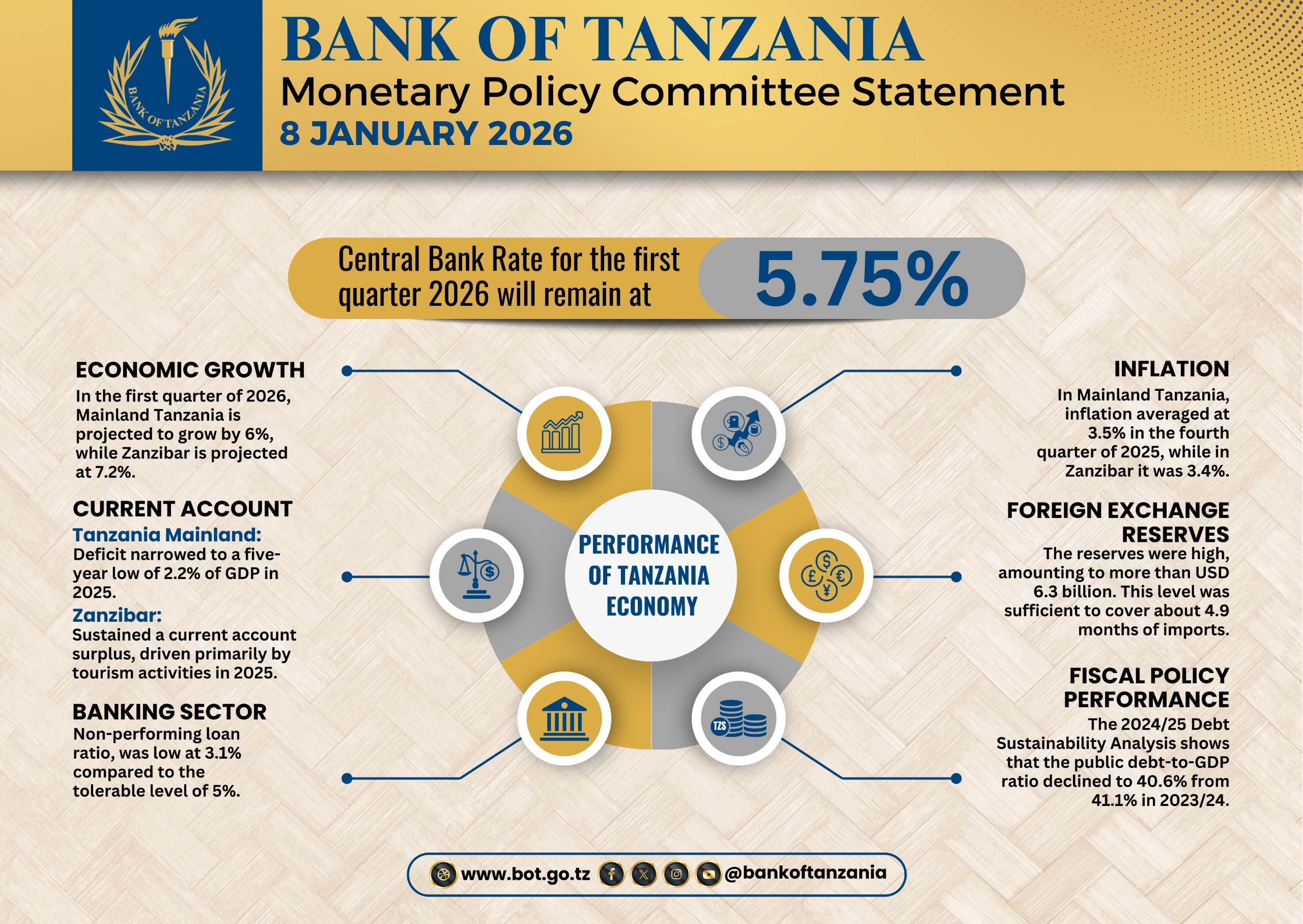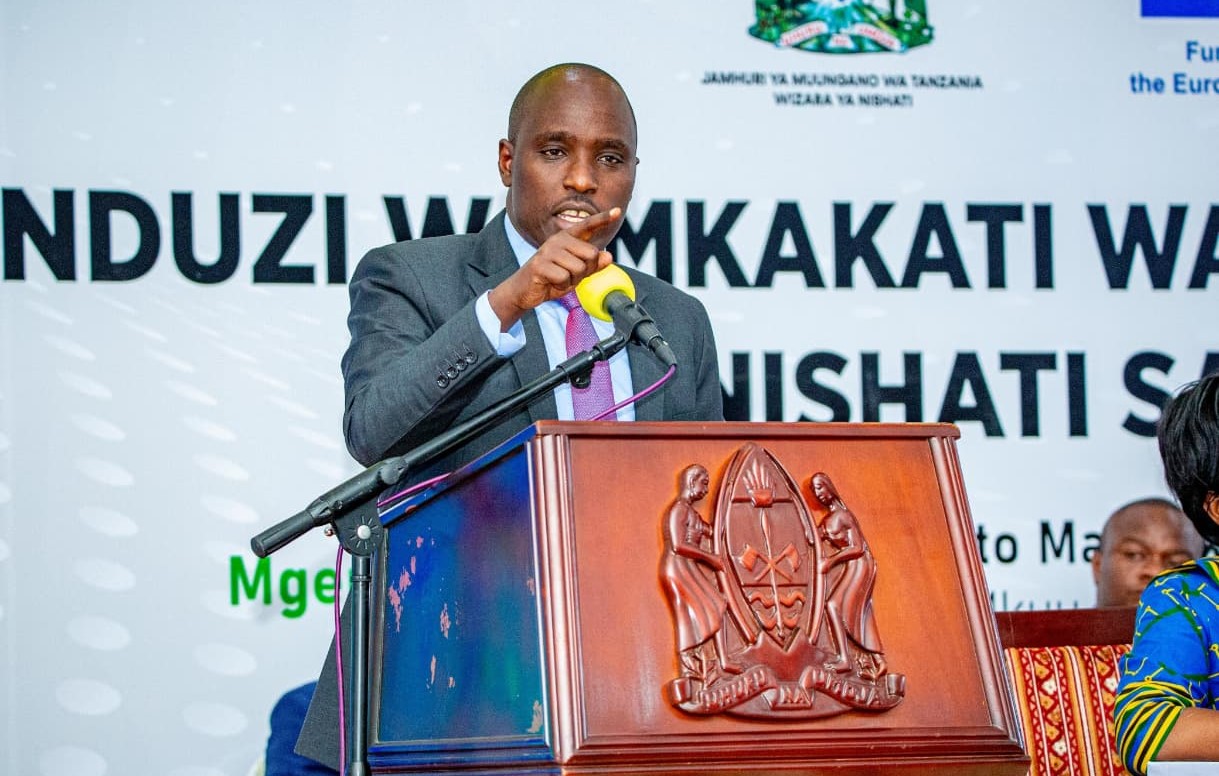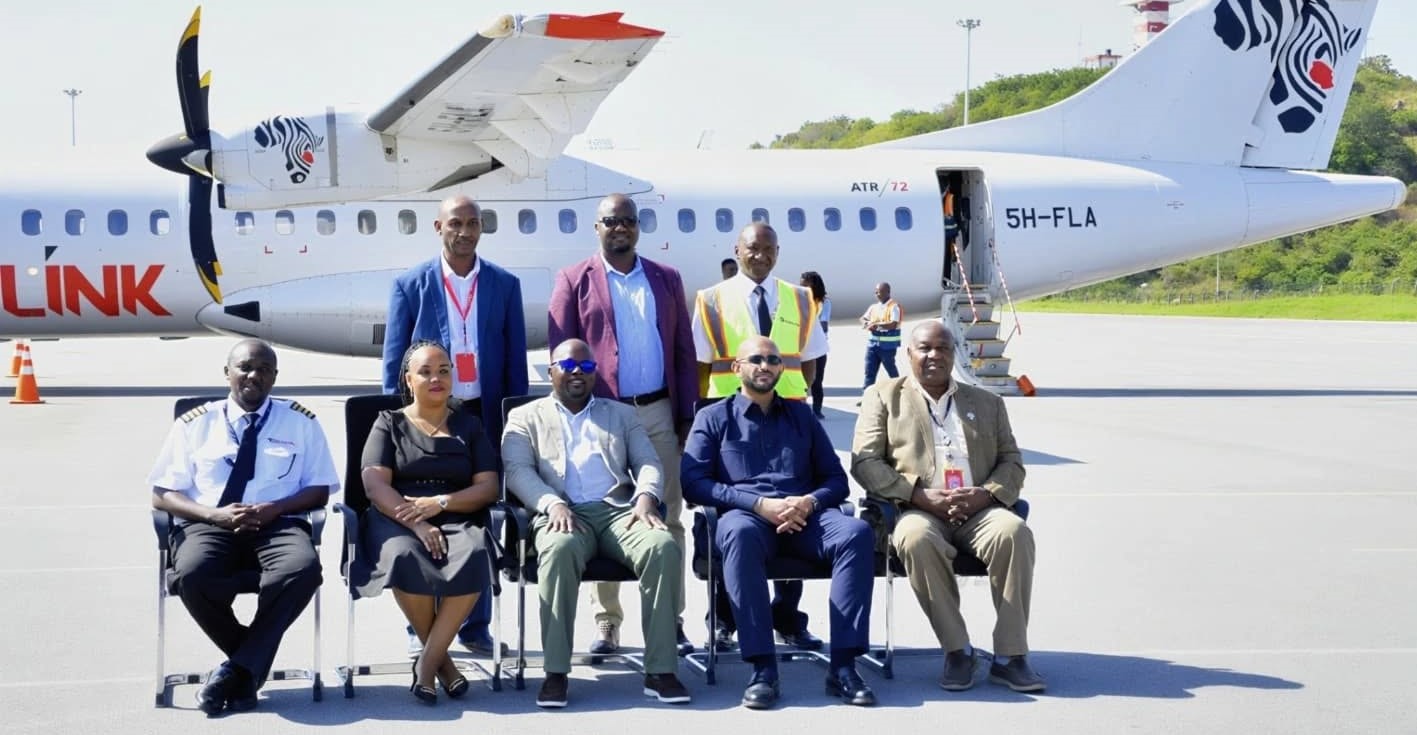Dar es Salaam. The deputy governor of the Bank of Tanzania (BoT), Dr Yamungu Kayandabila, has urged financial institutions and stakeholders in the mining sector to develop innovative financing models that would enable small- and medium-scale miners to access capital more easily, thus boosting growth in the country’s mining industry.
Speaking during a mining stakeholders’ forum held on 22 May 2025 at the Hyatt Regency Hotel in Dar es Salaam, Dr Kayandabila noted that without appropriate financial support, the potential of artisanal and small-scale miners will remain untapped.
He observed that, although gold contributes more than 90 percent of the country’s mineral exports, many small-scale miners remain constrained by limited access to capital.
“These miners face significant financial constraints due to informal operations, lack of reliable financial records, and high geological risks associated with mining projects,” said Dr Kayandabila.
“As a result, many financial institutions perceive them as high-risk ventures, which limits their access to credit even when some projects have already proven successful.”
He further explained that most small-scale miners struggle to meet collateral requirements or comply with the financial transparency standards demanded by lenders.
“This has created a financing gap that must be urgently addressed to ensure inclusive growth of the mining sector,” he said.
The event was jointly organised by the Bank of Tanzania and the African Export-Import Bank (Afreximbank), and brought together industry players to explore ways of strengthening financial and technical support to the mining industry.
Dr Kayandabila commended Afreximbank for its commitment to supporting the sector, noting that the bank’s innovative financial instruments—including project financing, credit guarantees, and alternative capital solutions—could help bridge the funding gap left by traditional commercial banks.
For his part, Mr Eric Monchu Intong, Afreximbank’s Director of Client Relations, reiterated the bank’s dedication to empowering the mining sector through a dual-pronged strategy: enhancing access to finance for the procurement of mining equipment, and investing in capacity building for local stakeholders.
He emphasised the importance of value addition prior to the export of minerals, saying that local processing—such as mineral refining—would not only increase employment opportunities and reduce poverty, but also deliver long-term economic benefits to the country.
Tanzania’s mining sector, particularly gold, remains one of the most significant contributors to foreign exchange earnings.
However, unlocking the full potential of small-scale miners is seen as essential to fostering inclusive economic growth and ensuring the equitable distribution of mineral wealth.

